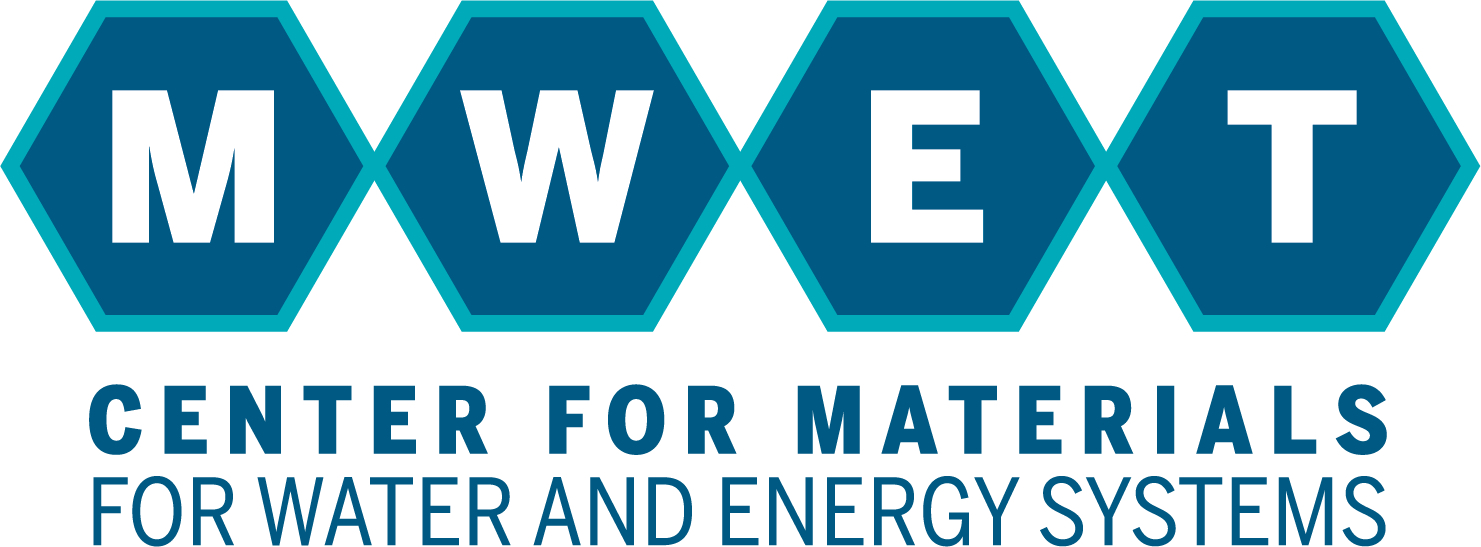
Ion Transport in Polymer-based Electrolytes: the Pursuit of High Li+ Transference Number
Conventional Li-ion battery electrolytes have been designed to optimize numerous desirable properties, including interfacial and thermal stability, conductivity, and low flammability. However, all Li+-bearing electrolytes still possess low Li+ transference (t+) numbers, where current passed through them is primarily carried by the counteranion, resulting in large concentration gradients that limit battery performance, particularly at high discharge and charging rates. The development of high t+ electrolytes—those in which most (or all) current is carried by the Li+ ion—could enable safer battery cycling, faster charging rates, and thicker, more energy-dense cathode designs in Li- ion batteries.
This presentation will outline our attempts to develop polymer-based high t+ electrolytes wherein anions are appended to a polymer (polyanions) and neutralized with Li ions. In this configuration, Li ions, when appropriately solvated, have hydrodynamic radii much smaller than the polymer chain’s size, ostensibly allowing them to diffuse or migrate faster than their appended counteranions, and hence enable high t+ electrolytes. Ultimately, I show this picture to be oversimplified, and that anion-anion and cation-anion correlations severely limit the t+ of high conductivity polyanionic solutions. While this result is a negative outcome in our pursuit of high t+ electrolytes, we anticipate many of the capabilities and insights gleaned throughout our studies to be of general use to those studying novel, concentrated electrolyte solutions where strong, non-ideal ion-ion correlations are observed.
Biography
Bryan McCloskey is the Department Chair and Warren & Katharine Schlinger Distinguished Professor in Chemical Engineering in the Department of Chemical and Biomolecular Engineering at the University of California, Berkeley. He also holds a joint appointment as a Faculty Engineer in the Energy Storage and Distributed Resources Division at Lawrence Berkeley National Laboratory. His laboratory explores numerous applications of electrochemistry to energy sustainability, conversion, and storage. Current projects focus on electrochemical regeneration of alkaline sorbents for direct air CO2 capture, elucidating the fundamental electrochemistry of metal-air batteries, and understanding a variety of challenges facing Li-ion batteries, including high voltage cathode stability, advanced cathode material development (Ni-rich and Li-rich NMC oxides and Li-excess disordered rocksalt materials), extreme fast charging, and low temperature and high transference number electrolyte formulations. He has co-authored more than 150 articles and has won numerous awards for his research, including The Electrochemical Society Charles Tobias Award, The International Society of Electrochemistry Tajima Prize, and the VW/BASF Science Award- Electrochemistry.More information about the McCloskey Lab can be found at the Lab’s website.

